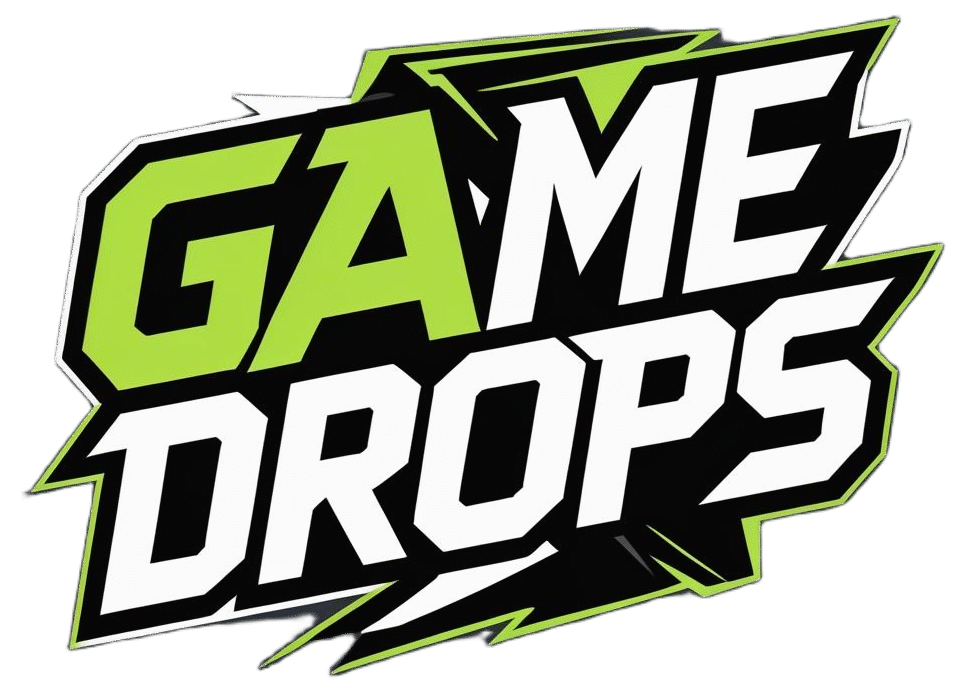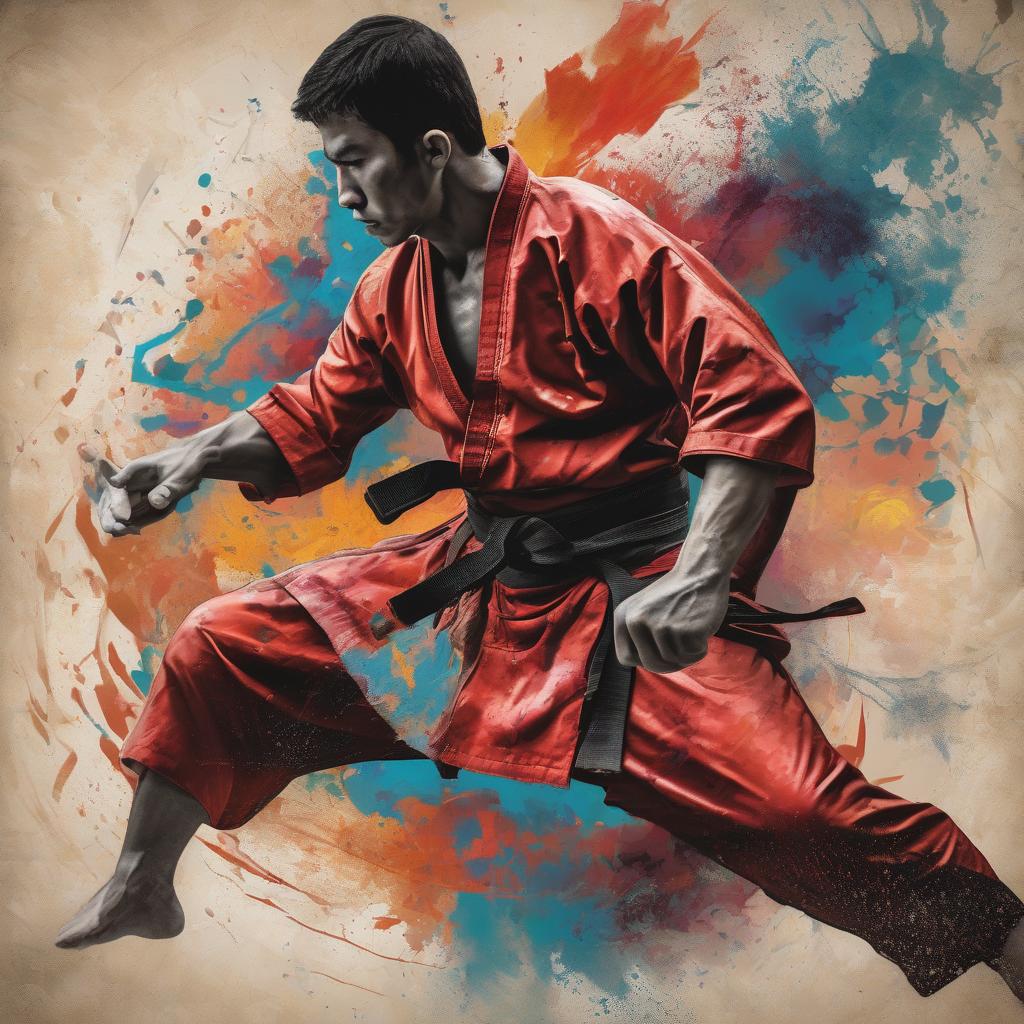Fighting. It’s a word that means different things to different people. For some, it’s about self-defense or martial arts. For others, it’s a sport, like boxing or wrestling. Still, others see it as a part of video games, a digital escape into worlds where they can let off steam. And sometimes, it’s just about the struggles in day-to-day life, the metaphorical fights we all face. No matter how you spin it, fighting is a part of the human experience.
Exploring the World of Physical Combat
Physical fighting has been around as long as humans themselves. From the early days of knuckle-dragging brawls to organized combat sports, fighting is woven right into our history. If you check out any historical tales, you’re bound to stumble upon duels or gladiatorial contests. It’s a part of our cultural fabric, for better or worse.
Martial Arts: More Than Just Fighting
Martial arts are fascinating. They’re not just about learning to throw a punch or kick. They’re about discipline, respect, and balance. There’s this whole philosophy behind martial arts that often gets overlooked. Whether it’s Karate, Taekwondo, or Jiu-Jitsu, each style comes with its unique principles.
Take Karate, for instance. It’s not just about mastering forms and strikes. Karate teaches focus and discipline. The same goes for Kung Fu, with its deep-rooted traditions and emphasis on mental and spiritual growth. The world of martial arts is vast and can be a lifelong journey for those who take it seriously.
Combat Sports: A World of Its Own
Then there are combat sports. Boxing, MMA, wrestling—they’re all about competition. These sports require rigorous training, strength, and strategy. It’s not just two folks throwing punches. There’s a psychological game at play, a chess match of sorts. Fighters need to outthink their opponents, not just overpower them.
Interestingly, these sports have gained massive popularity over the years. Just look at how MMA has exploded with events like UFC becoming mainstream. It’s not only about the physical aspect but also about strategy, resilience, and pushing one’s limits.
The Virtual Fight: Video Games and Online Battles
Fighting games have carved out a special spot in the gaming industry. From classics like Street Fighter and Mortal Kombat to modern hits like Tekken, these games have captivated players around the globe. They offer a sense of control and strategy that can be incredibly engaging.
Video games provide an escape, a way to fight without real-world consequences. Online, you can be a warrior, a hero, or a villain. It’s all part of the fun. If you’re into exploring more about fighting games, you might want to check out this link where different games are discussed in more detail.
These games often come with their own communities. People gather online to discuss strategies, share experiences, and, of course, compete. It’s an arena that’s exciting and, yes, sometimes toxic. But it’s a fascinating corner of the internet where fighting takes on a new form.
Fighting in Literature and Media
Fighting isn’t just confined to the physical or digital realms. It’s a theme that runs deep in literature and media too. How many novels have you read where the protagonist has to fight against adversity? It’s a common theme, and it keeps us hooked. We love a good underdog story, don’t we?
Movies and TV Shows
Movies like “Rocky” and “Fight Club” have immortalized fighting in popular culture. It’s about more than just the punches. It’s about the struggles, the triumphs, and the journeys. These stories resonate because they mirror our own fights, albeit in a more dramatized fashion.
TV shows often use fighting as a plot device. Whether it’s a superhero series or a crime drama, there’s usually some form of physical or metaphorical fight. It adds tension, stakes, and excitement to the viewing experience.
Fighting the Daily Battles
On a more personal level, we all have our fights. Maybe it’s fighting for a promotion, battling against health issues, or simply struggling to get through a tough day. These aren’t the dramatic fights of movies or games, but they’re significant in their own right.
It’s interesting how the concept of fighting can apply to so many aspects of life. It can be about resilience and perseverance. Sometimes it’s about standing up for what’s right. Other times, it’s about knowing when to let go. Life’s fights aren’t always about winning; sometimes, they’re about growing.
A Table of Common Daily Battles
| Battle | Description |
|---|---|
| Career Advancement | Climbing the corporate ladder, dealing with office politics, and achieving goals. |
| Health Issues | Managing chronic illnesses, maintaining fitness, and mental health challenges. |
| Relationships | Navigating personal relationships, friendships, and family dynamics. |
| Financial Stability | Budgeting, saving, and planning for future financial security. |
| Self-Improvement | Working on personal growth, education, and self-awareness. |
It’s the little fights that shape us, make us who we are. It’s these day-to-day struggles that teach us resilience. And while it may not be glamorous, there’s a beauty in the mundane battles we all face.
Fighting on the Global Stage
On a macro level, fighting can take on even larger forms—political unrest, wars, social movements. These are the fights that shape nations and change the course of history. Just think about the current events shaping our world. If you’re curious about global fighting issues, the BBC offers comprehensive coverage.
Sometimes these fights are about power and control. Other times, they’re about justice and freedom. They’re complex and often come at a great cost. You can dive deeper into these issues by exploring Wikipedia’s extensive articles on fighting history and techniques.
It’s important to stay informed and understand the implications of these large-scale fights. They affect us all, directly or indirectly. And while it might seem overwhelming, being aware is the first step in contributing to meaningful change.
In the end, whether it’s in the ring, on a digital screen, or within ourselves, fighting is a multifaceted concept. It’s everywhere, in different forms, touching various aspects of life. Each fight, big or small, leaves its mark, teaching us something new. It’s not always easy, but it’s a part of existing, a part of moving forward.
FAQs
- How do I start learning martial arts as a beginner?
Just dive in! Start by researching which martial art interests you. Many local gyms and community centers offer beginner classes. Don’t worry about being perfect—everyone starts somewhere. - Are fighting games good for stress relief?
They can be! Many people find that the strategic and immersive nature of fighting games helps them relax. But, like anything, it’s all about balance. - What makes combat sports so popular?
There’s something raw and primal about combat sports. The combination of skill, strategy, and physical prowess fascinates people. Plus, the stories of fighters often resonate with audiences. - Can watching fights make someone more aggressive?
Not necessarily. Context matters. Some studies suggest that watching violent content can desensitize people, but it doesn’t automatically make them aggressive. Everyone’s different. - Why do some people enjoy fighting and others don’t?
It’s personal. Some people enjoy the adrenaline and challenge, while others might find it uncomfortable or unnecessary. It’s all about individual preferences.
So, wherever you find yourself in the world of fights, remember it’s all about perspective. Whether it’s the physical, digital, or metaphorical kind, there’s a fight for everyone.

